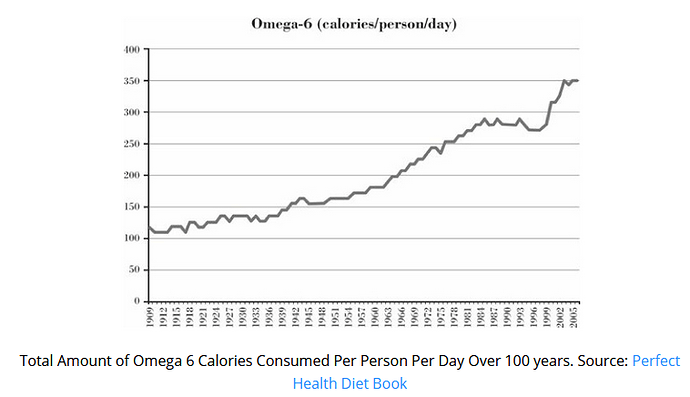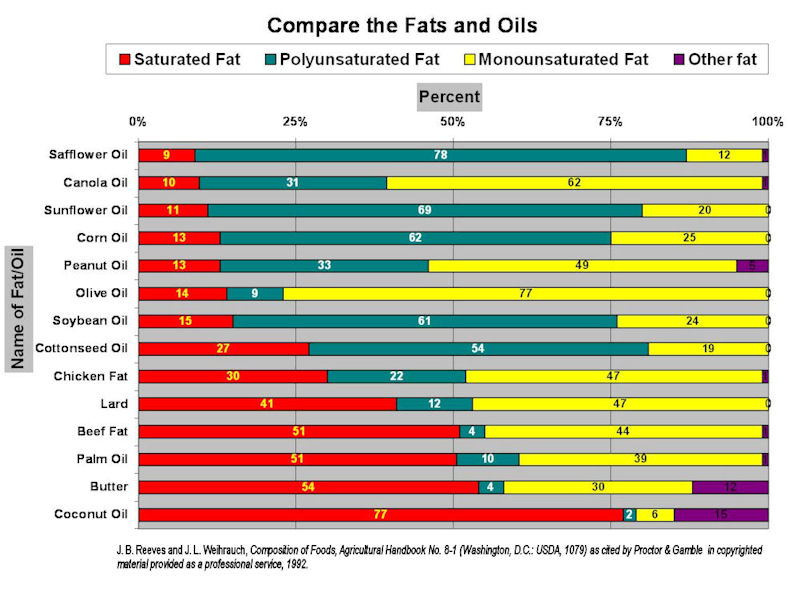Here’s a very interesting test of Peter (Petro) D.'s protons theory from Hyperlipid:
If you’re not familiar with the protons theory, basically it’s like this. Fat cells have “switches” that make them insulin resistant (good, don’t want more energy) or insulin sensitive (bad, want more energy). Saturated fat causes insulin resistance (good), monounsaturated fat does not (right in the middle), and polyunsaturated fatty acids (PUFAs) cause insulin sensitivity (bad). So, one reason for the obesity crisis is because of seed oils, which are high in PUFAs, thereby causing us to overeat.
See the article for more information. He went from carnivore to a higher carb, high stearic acid (saturated fat) diet, and lost a lot of weight. He had also been keto.
I think I’m going home and eating some cocoa butter (high in stearic acid).


